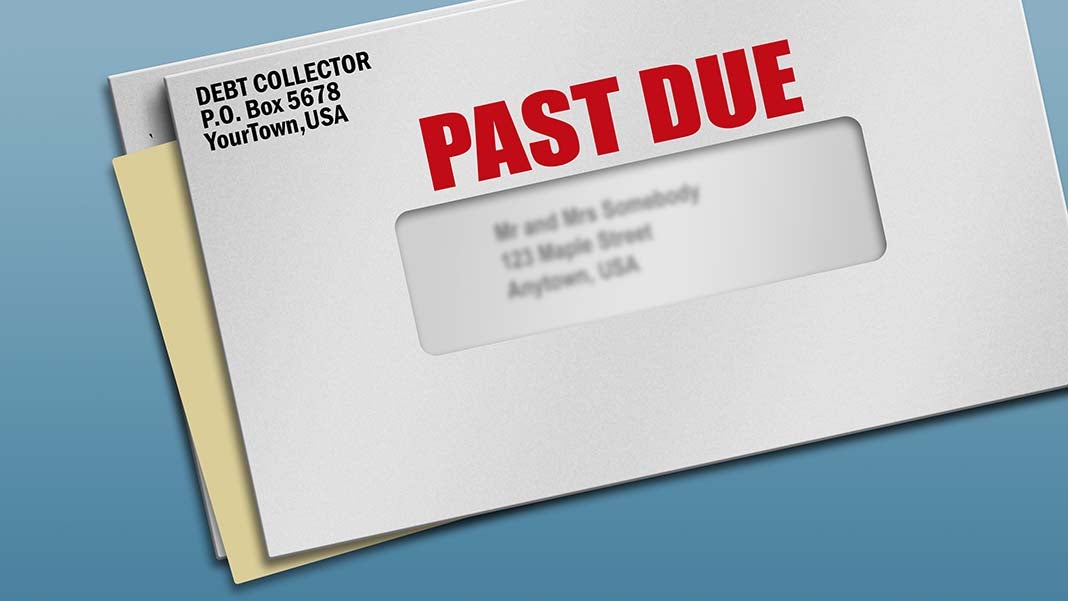
When working with customers, we want to do everything possible to maintain positive relationships and provide quality customer service, whether that means creating personal connections, responding promptly to inquiries, or using data to determine how to best meet their needs. Unfortunately, sometimes our efforts to work well with customers don’t always yield the desired results, and we find ourselves in a bind—especially when it comes to payment. And when customers don’t pay their bills, then it’s time to decide whether or not to send their invoice to collections.
Avoiding Collections
Most businesses will do almost anything to avoid sending a customer’s bill to collections. We chase customers, calling them and sending out repeat invoices. And when we can reach customers, we offer to consolidate accounts, set up payment plans, or otherwise settle past due accounts to everyone’s satisfaction. Still, even that doesn’t always work, particularly for small businesses, most of whom don’t have the resources necessary to constantly pursue payment from customers with outstanding debt.
The Benefits of Collections
There are a number of reasons that businesses choose to send invoices to collections. First, there are those times when they just can’t locate the debtor. This is relatively common—people move and don’t provide forwarding information or just stop answering messages. And, course, there are those bills that have been outstanding for so long that the creditor has become frustrated. This often happens to small businesses simply because, as noted above, they don’t have the staff to pursue payment
Not only can collections agencies help small businesses pursue cases that have been outstanding for a long time, it can also be beneficial for companies to send bills to collections because the account is too complicated for their billing department. This doesn’t happen as often, since that same business would have generated the account, but it does occur and it can help take the pressure off of small billing departments. Debt collection agencies have special skills to manage these cases.
A Legal Necessity
In many cases, companies send bills to collections just to get them off their books. It’s no longer a good use of their time and resources to continue pursuing that account. That being said, taking an account to collections provides your small business with legal protection and documentation regarding the outstanding debt. Without these legal protections, customers you haven’t heard from in months or years could potentially seek avenues to sue for breach of rights, since having bills in collections can negatively impact their credit score. Collections agencies know how to pursue an invoice through the proper channels.
Collections as a Tool
Though many people feel hesitant to send a bill to collections because they don’t want to hurt their reputation with customers, sometimes it’s necessary. In fact, sending a bill to collections can be a powerful tool for stabilizing your business’s cash flow. Small businesses already have cash flow problems, and when bills aren’t paid promptly, it can keep them from growing and thriving. Furthermore, the longer a bill remains unpaid, the less it’s worth because you’ve expended money chasing down that client and you likely have raised your rates over time. This is a basic economic rule and one that it’s easy to overlook, yet which can seriously damage your business’s income.
Deciding to send a bill to collections is stressful, but once that invoice is out of your hands, you’ll feel a distinct sense of relief—you might even wonder why you didn’t take this step sooner. And as you build a relationship with a trusted collections agency, you’ll find that you no longer need to expend so much effort trying to collect payment for service rendered. Instead, you’ll have the support you need to manage these issues with minimal stress.
1788 Views












